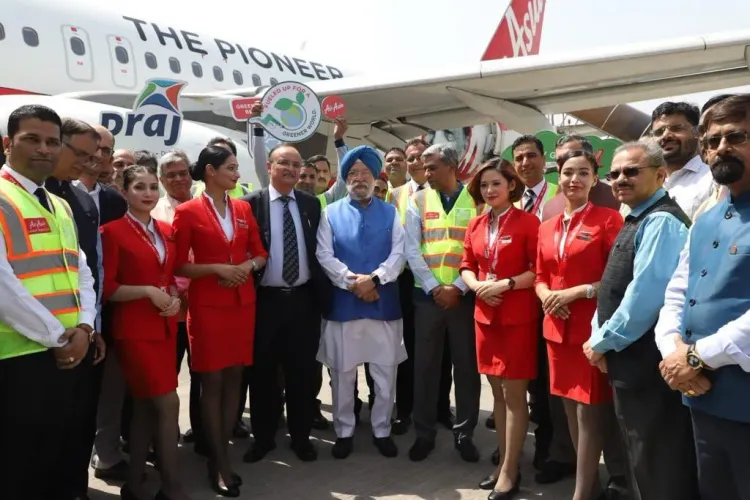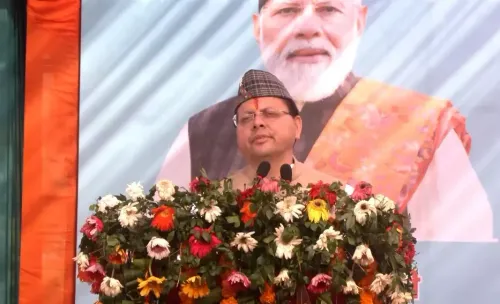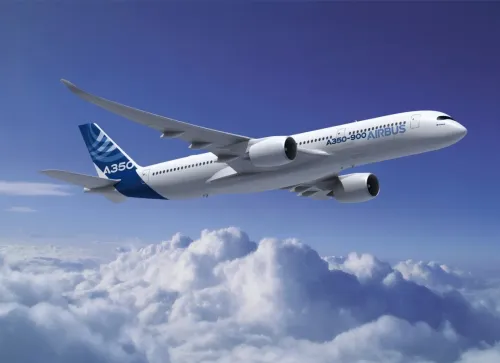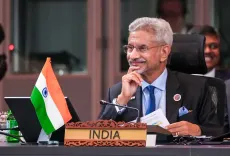Is India Set to Lead the World in Sustainable Aviation Fuel?

Synopsis
Key Takeaways
- India's aviation market is expected to become the third-largest by 2030.
- Over 680 MMT of agricultural residue can be utilized for SAF production.
- SAF can reduce lifecycle emissions by up to 80%.
- Government blending targets include 1% by 2027 and 5% by 2030.
- India can supply SAF to major international markets.
New Delhi, Nov 6 (NationPress) India's aviation sector, currently the fifth-largest in the world, is on track to secure the third position by 2030 and is poised to become a global frontrunner in Sustainable Aviation Fuel (SAF) production, according to a report released on Thursday.
The report from the Federation of Indian Chambers of Commerce & Industry (FICCI) and KPMG indicates that with more than 680 MMT of agricultural waste, 3.4 MMT of used cooking oil, and ethanol production capacity surpassing 1,800 crore litres, India possesses the necessary raw materials to enhance SAF production.
This report outlines a strategic roadmap, emphasizing the nation's readiness to expand SAF production, elevate rural incomes, promote greener fuel options, and tap into international export markets.
SAF has the potential to decrease lifecycle emissions by as much as 80 percent, making it a crucial and scalable method for decarbonizing aviation.
Additionally, the report highlighted government-mandated blending targets set at 1 percent by 2027, 2 percent by 2028, and 5 percent by 2030.
The report pointed out the economic and environmental benefits, such as reduced fuel imports saving billions, job creation in green sectors, and increased income for rural communities.
India is strategically positioned to supply SAF to high-demand markets including the EU, Japan, Singapore, and the Middle East.
Anish De, Global Head of Energy Natural Resources & Chemicals at KPMG in India, stressed the importance of a coordinated systems approach that integrates policy, finance, technology, and offtake commitments.
“India’s SAF initiative will leverage our rich feedstock resources—from agricultural residues and municipal solid waste to press-mud and used cooking oil,” stated Vivek Rahi, Partner and National Head - Oil & Gas at KPMG in India.
He added that establishing effective supply chains and long-term offtake agreements involving airlines, OMCs, and technology providers will be key to success.









